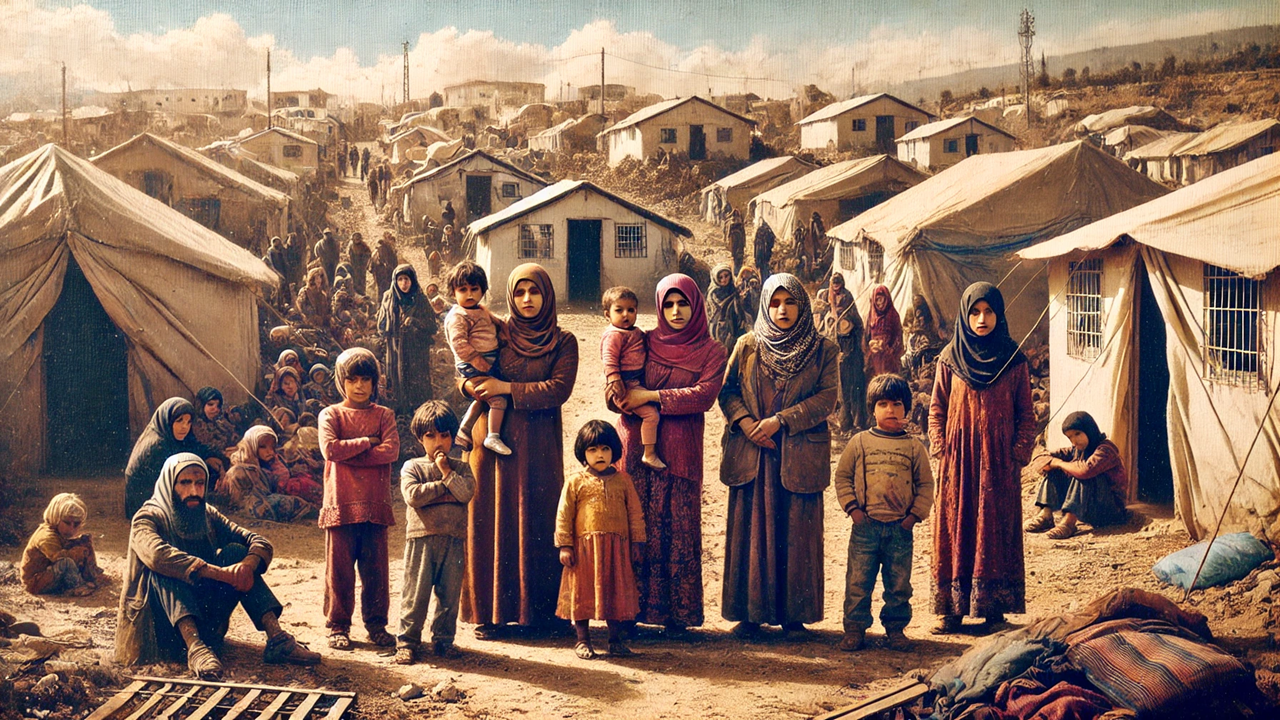Ahead of the UN's highly anticipated Summit of the Future, the Platform of Independent Experts on Refugee Rights (PIERR), a collective of UN and regional human rights experts, has issued a strong call for action on refugee rights. In a joint statement, PIERR emphasized the summit’s pivotal role in shaping a more just and peaceful global future, with a focus on refugee protection and inclusion.
The Summit, set to take place alongside discussions on the Pact for the Future, the Global Digital Compact, and the Declaration for Future Generations, presents a unique opportunity to integrate refugee rights into the international agenda. The experts underscored that more than 120 million people worldwide are currently forcibly displaced due to conflict, persecution, human rights violations, and climate change—marking the twelfth consecutive year of rising displacement figures.
Strengthened International Solidarity for Refugees
PIERR highlighted that 75% of the world’s refugees are hosted in low- and middle-income countries, which face their own sustainable development challenges. They stressed the urgent need for enhanced international solidarity, including financial support to refugee-hosting nations. This would enable host countries to meet their development goals while fulfilling their commitments to refugee protection, through greater inclusion of refugees in essential services such as health, education, and social safety nets. The experts also noted that when given equal opportunities, refugees can significantly contribute to sustainable development, benefiting both their host nations and themselves.
Key Areas for Global Action
PIERR called on governments and policymakers to prioritize several critical areas:
1. Combatting Racism and Xenophobia: Refugees face rampant discrimination, hate speech, and misinformation, which undermine social cohesion. Governments must create environments where refugees and asylum-seekers can live safely in exile.
2. Addressing Root Causes of Displacement: Conflicts, human rights abuses, and instability in countries of origin remain the primary causes of displacement. Peacebuilding and human rights efforts must focus on these root causes, allowing refugees the possibility of safe return.
3. Tackling Climate Change and Inequality: Systemic inequities and climate-related disasters continue to drive displacement, heightening tensions within and between communities.
The global response must address these interlinked crises.
4. Bridging the Digital Divide: Refugees are often excluded from access to digital technologies, hindering their ability to participate in the digital economy. PIERR stressed the need to close the digital divide, which affects refugees' rights to information and services and limits their societal inclusion.
5. Protecting Refugee Children: Refugee children, who represent 40% of those displaced despite making up 30% of the global population, are disproportionately affected by conflict. PIERR called for the full implementation of the UN Convention on the Rights of the Child and enhanced support for refugee youth leadership.
6. Gender Equality and Protection of Vulnerable Groups: Addressing the gendered impact of displacement and persecution is vital, with special attention to empowering women and girls, safeguarding LGBTIQ+ rights, and ensuring gender-inclusive protection measures.
A Call for Continued Global Solidarity: The Global Refugee Forum (GRF) 2023 highlighted the need for multilateral cooperation to address these pressing challenges, and PIERR urged member states to uphold and expand their commitments. “With refugee numbers rising, the time for global collaboration is now,” PIERR stated. "Together, we must strive to protect and uphold refugee rights as we work towards a fairer, more inclusive, and equitable global society." As world leaders convene, the hope is that the Summit of the Future will spark further commitments to refugee protection, ensuring no one is left behind in the pursuit of peace and sustainable development.











